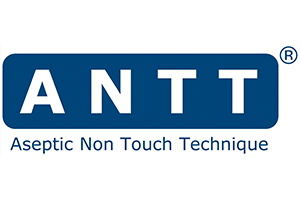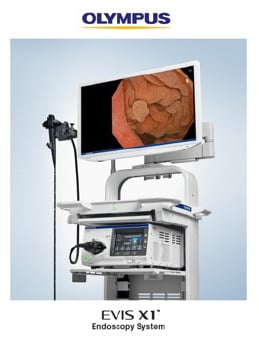Laparoscopic inguinal hernia repair is a less invasive technique than open surgery to repair an inguinal hernia, but it is more difficult. Your surgeon will discuss with you the best surgical repair for your inguinal hernia.
An inguinal hernia is the most common type of hernia. It is a swelling or lump in your groin or an enlarged scrotum. It happens when fatty tissue or a part of your bowel pushes through a weakness in your abdominal wall into your inguinal canal at the top of your inner thigh.
Laparoscopic inguinal hernia repair uses keyhole surgery to push your hernia bulge back into place and strengthen the weakness in your abdominal wall.
You will be given general anaesthetic before laparoscopic inguinal hernia repair surgery so you will be asleep.
Your surgeon will make several small cuts to your abdomen near your hernia and insert tiny surgical instruments and a thin tube containing a light source and a camera (laparoscope) inside your abdomen. They will then repair your hernia.
For a hernia repair tap, instruments are inserted through your abdomen muscle wall and through the lining covering your organs, called the peritoneum. Inside your peritoneum cavity, they peel back a flap of your peritoneum over your hernia and attach a piece of mesh to the weakened area of your abdomen wall to strengthen it.
An inguinal hernia repair is usually recommended if your hernia is causing severe or persistent pain or symptoms, or if any serious hernia complications develop such as obstruction or strangulation.


